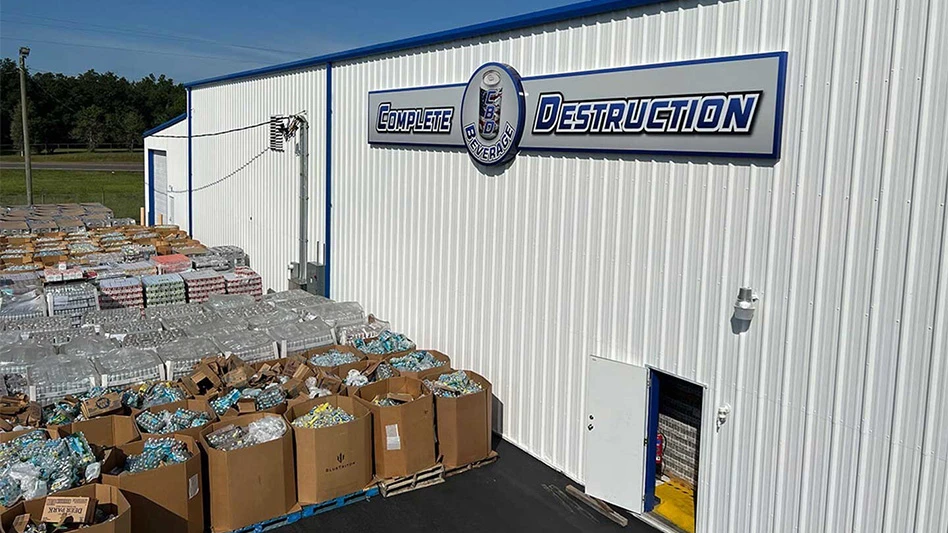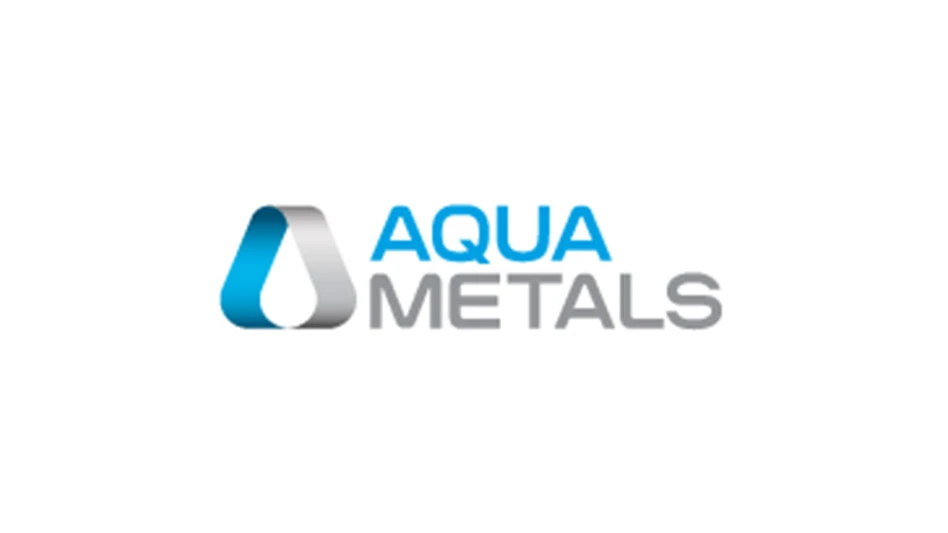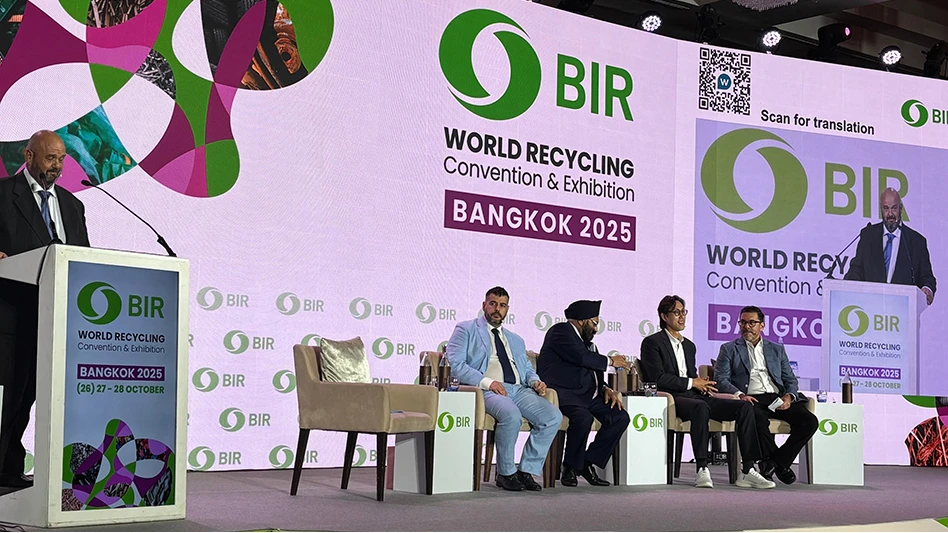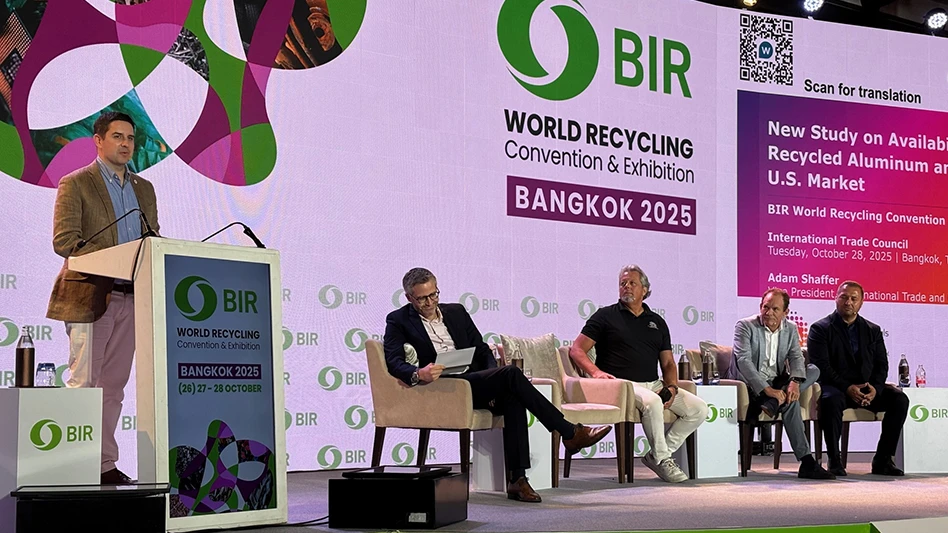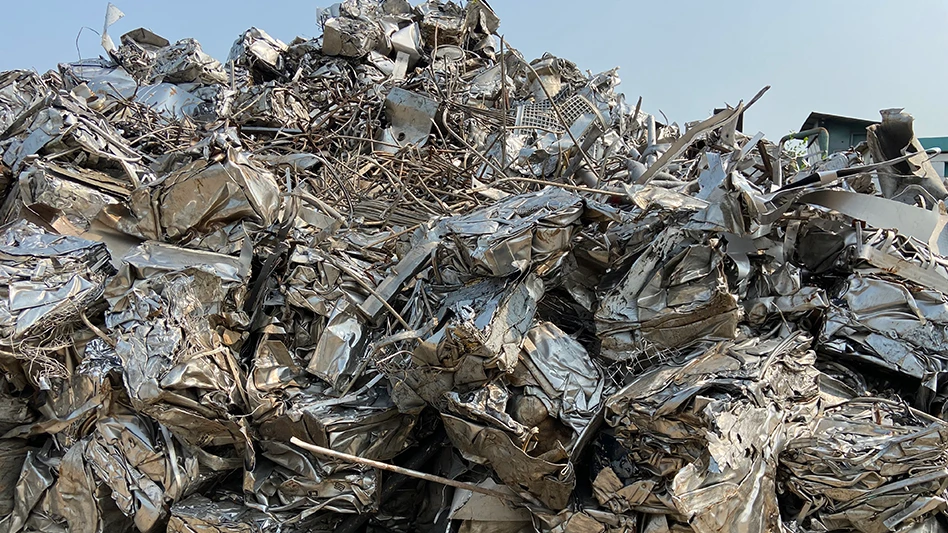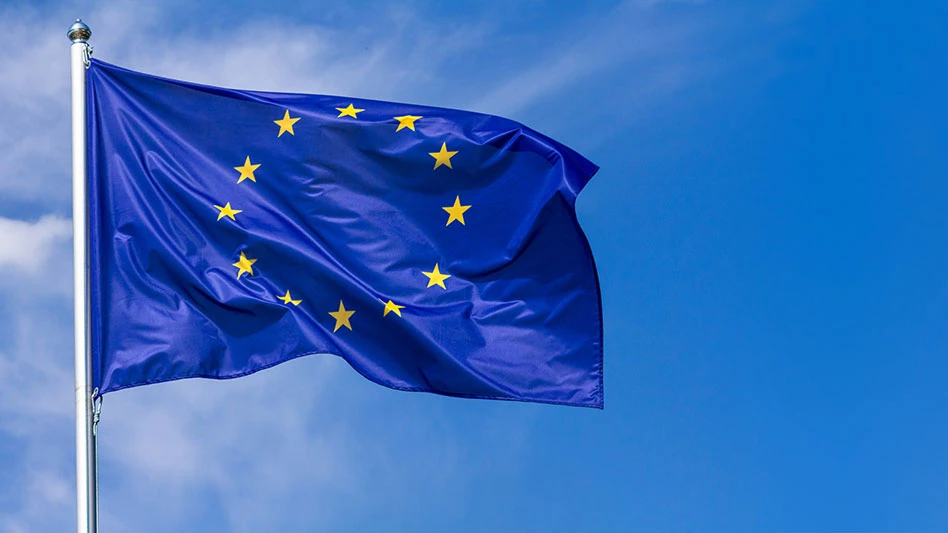
Photo provided by Adobe Stock
United Kingdom-based Eunomia Research & Consulting says several large brand owners in the apparel industry, including Adidas, Bestseller, C&A, H&M Group, Inditex and VF Corp., have been working along with Eunomia to research and publish a set of principles to enable a smooth transition to a circular economy for textiles in the European Union.
Along with the Amsterdam-based apparel industry organization Policy Hub – Circularity for Apparel & Footwear, Eunomia says the brands have demonstrated an interest in “how waste management schemes will be operationalized and harmonized” in the EU in light of that region’s preference for extended producer responsibility (EPR) systems.
“This is a fundamental component of textile waste management, applying the ‘polluter pays’ principle whereby the producers of goods have a responsibility to fund their end-of-life management, helping to close the loop on products and materials,” Eunomia says.
The consulting firm says the apparel industry is aware it can be considered one of the most polluting industries in the world, responsible for more than 10 percent of global greenhouse gas (GHG) emissions and with a low recycling rate globally.
Textiles have some of the most significant environmental impacts in Europe after food, housing and transportation, Eunomia says, adding, “Key to reducing these impacts will be enabling circular use and end-of-life solutions, reducing the vast quantities of disposed, landfilled or incinerated textiles.”
Eunomia has helped create a new industry-funded report that looks specifically at the role of EPR in the future of the textiles sector.
EPR-related recommendations in the report include: creating a consistent definition of the “obligated producer” in such systems; clarifying which textiles are covered by an EPR system, both at the start and potentially in the future; suggesting upfront the principles for reporting systems to calculate and allocate fees; and ensuring data security to establish trust within the EPR system.
“The upcoming revisions to the EU Waste Framework Directive provide a great opportunity to join the dots, and create a harmonized approach where this makes sense, reducing the burden on producers and helping the single market to function more effectively in driving the changes that are needed,” says Bente Bauer, director of public affairs at the Policy Hub.
“We must move beyond talking [and] towards action, and this report provides a very helpful steer in respect of key elements of the design of EPR for textiles."
Eunomia says the entire membership of Policy Hub has endorsed the report, which thus includes the Steering Group of Adidas, Bestseller, C&A, H&M Group, Inditex and VF Corp.
The Policy Hub - Circularity for Apparel & Footwear says it is uniting the apparel and footwear industry to develop ambitious policies that accelerate sustainable practices. The organization represents more than 700 apparel and footwear stakeholders, including brands, retailers and manufacturers.
Get curated news on YOUR industry.
Enter your email to receive our newsletters.
Latest from Recycling Today
- Kaiser Aluminum posts profits in Q3
- BIR Convention: Basel Convention mission creep unwelcome by recyclers
- BIR Convention: Recycled steel market shrinks in H1 2025
- CompoSecure to acquire Husky in $5B transaction
- PureCycle appoints new board member
- NWRA announces recipients of 2025 Chapter Leadership Awards
- State AGs say Plastics Pact, others are misleading consumers, violating antitrust laws
- SWDA awarded $1.5M to support new CHaRM facility in Orange Beach, Alabama


